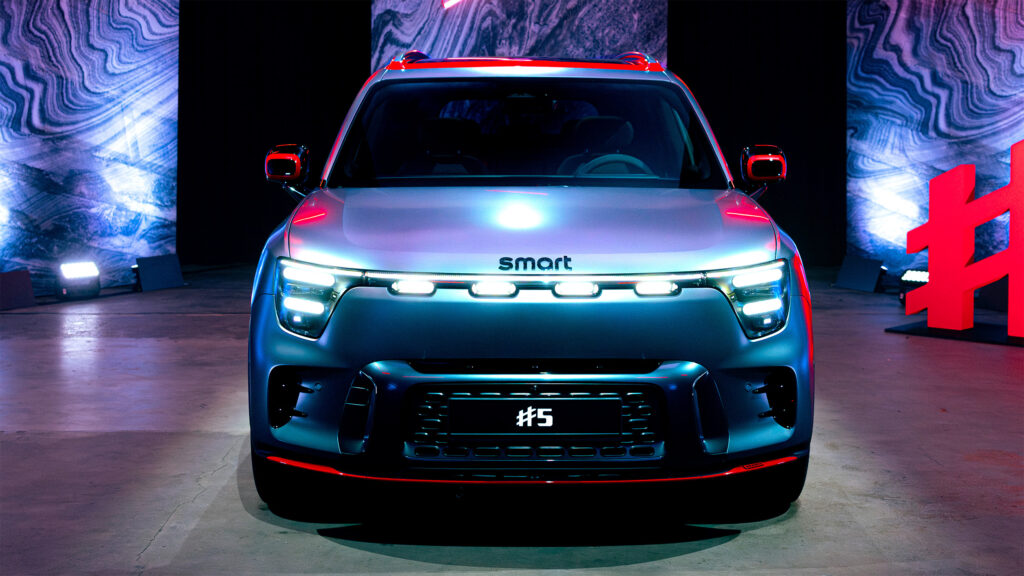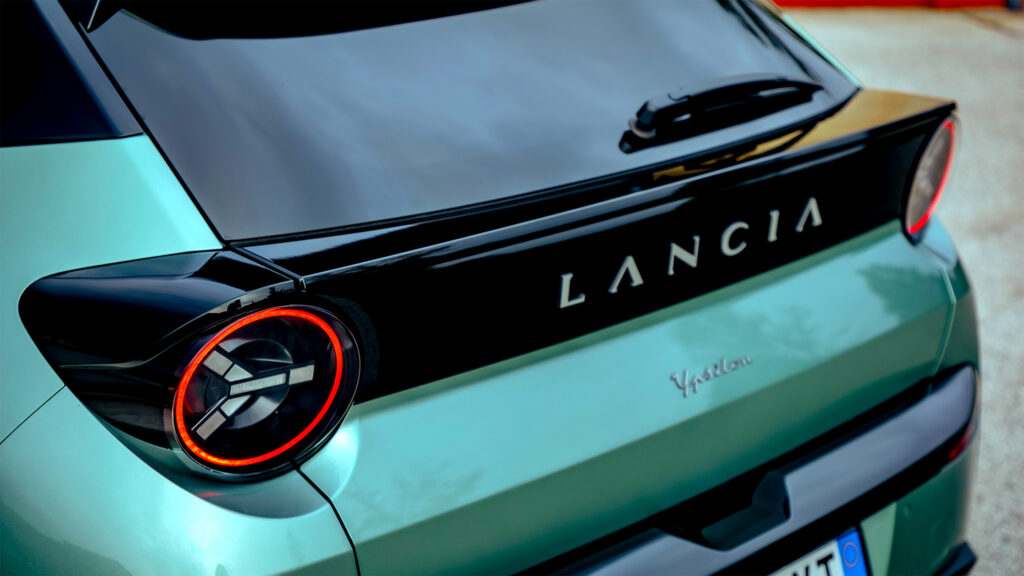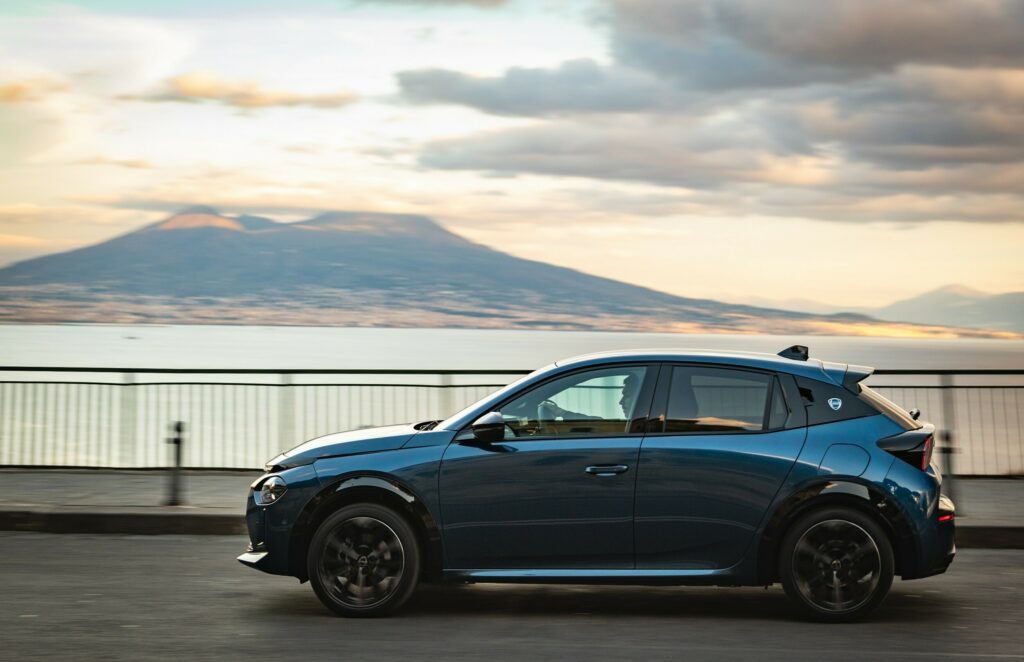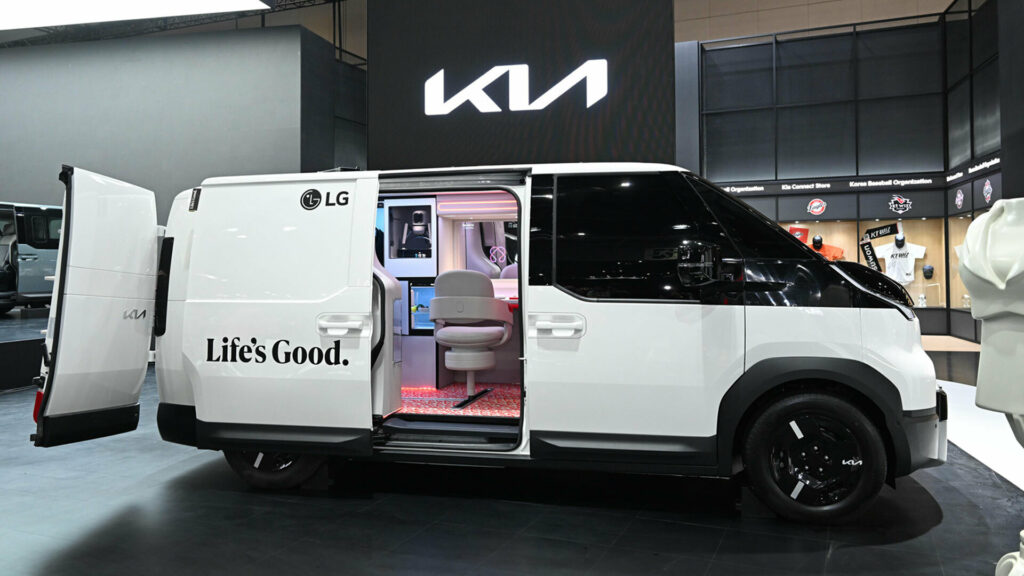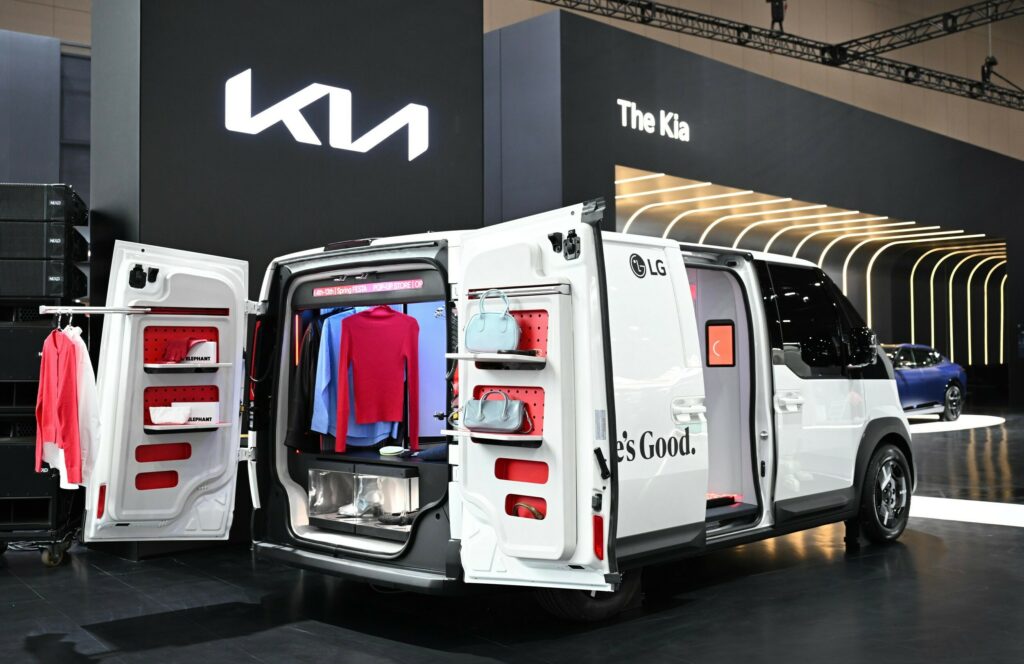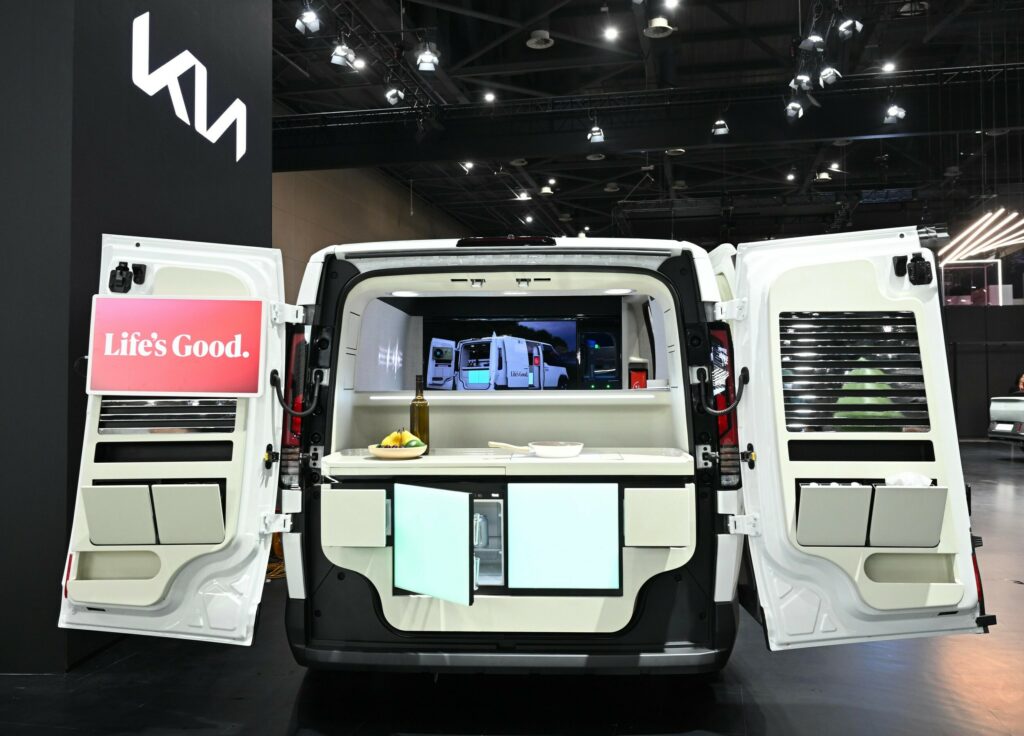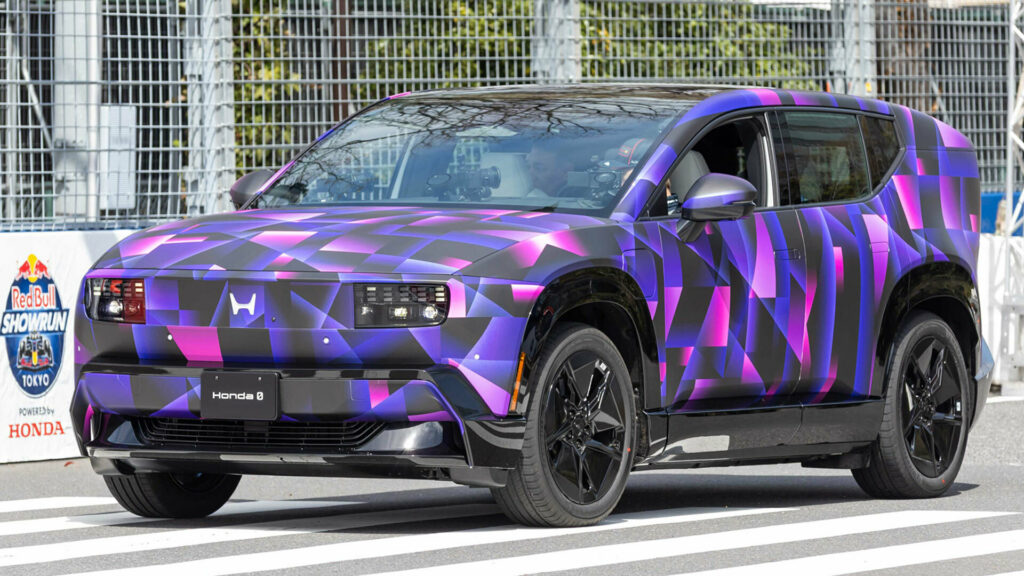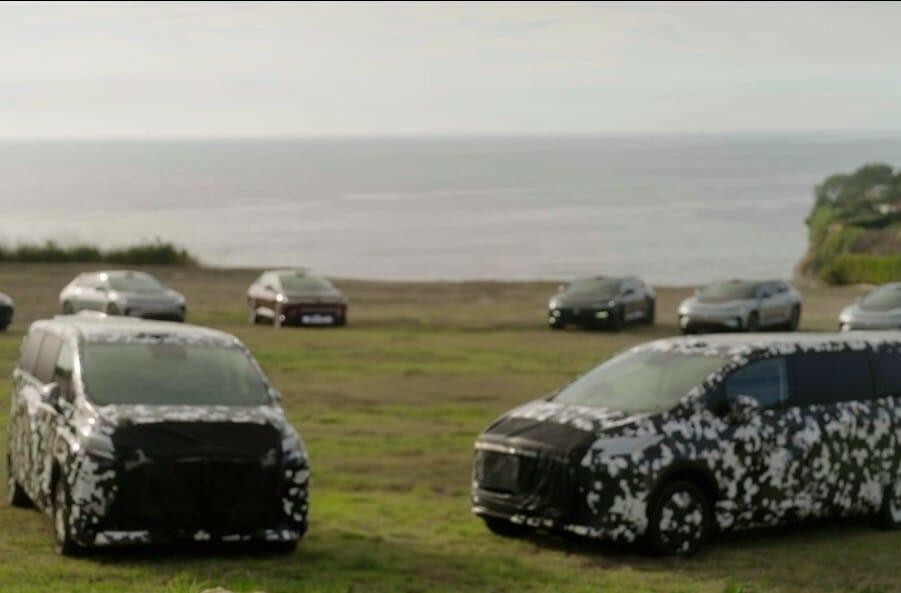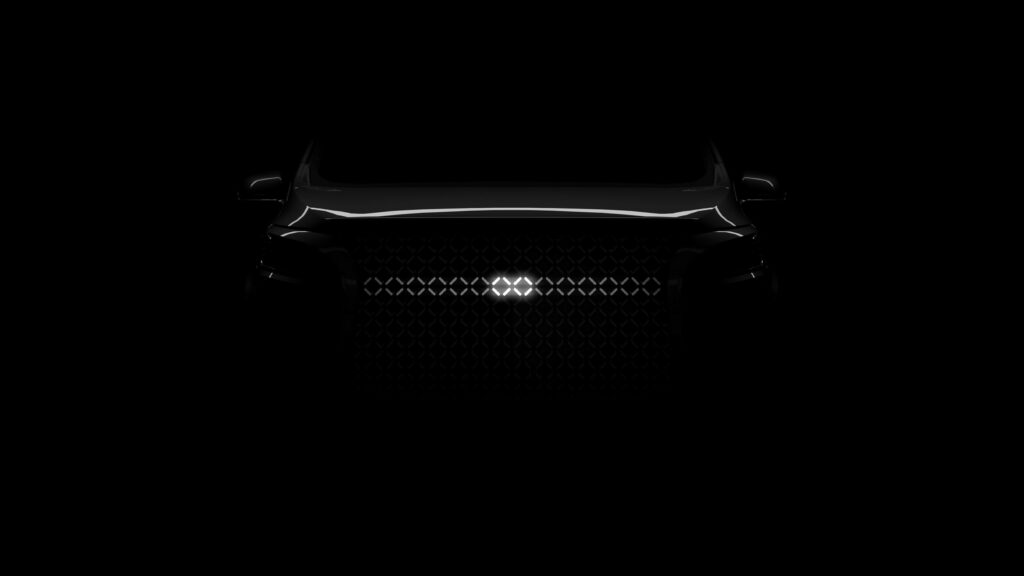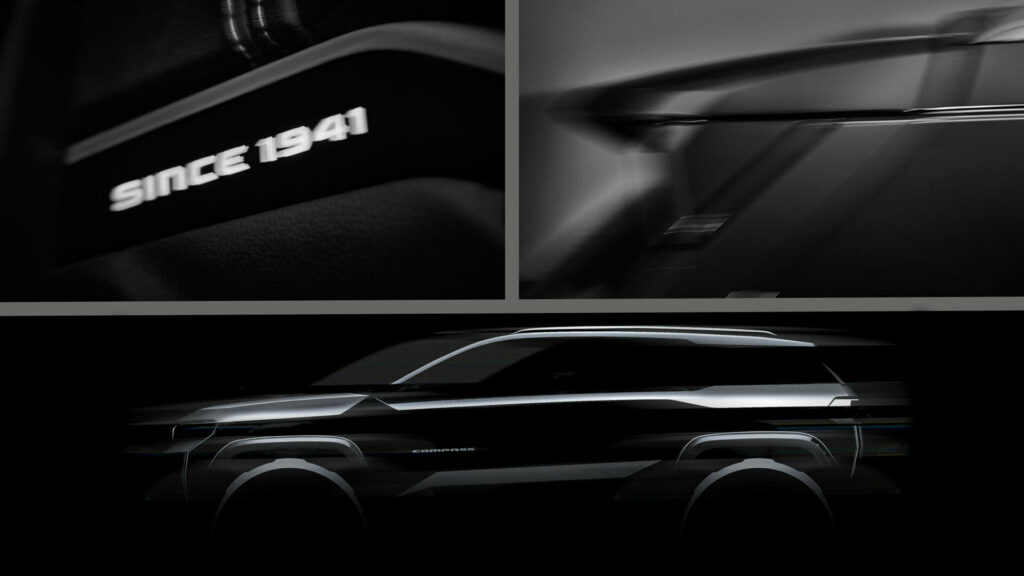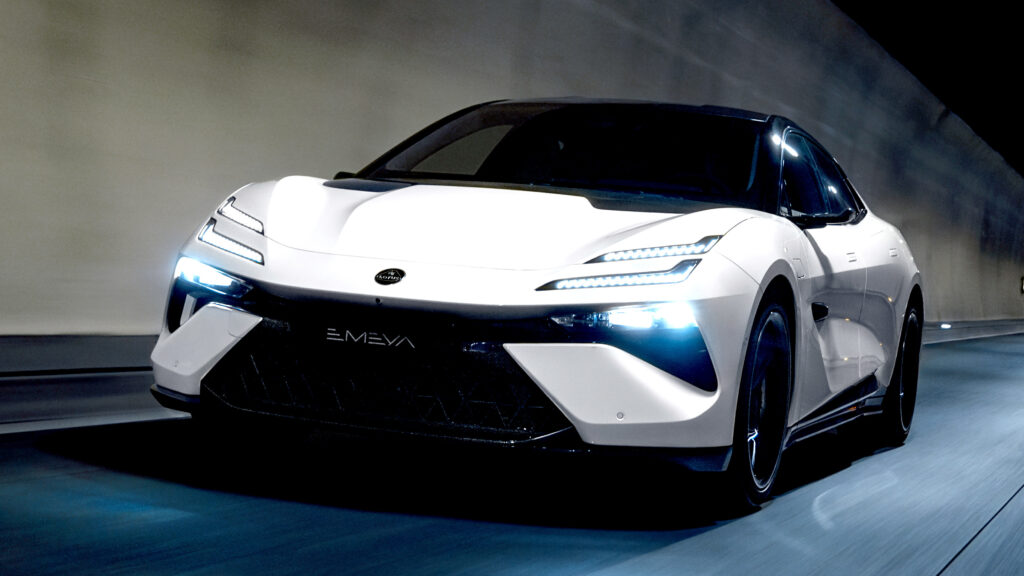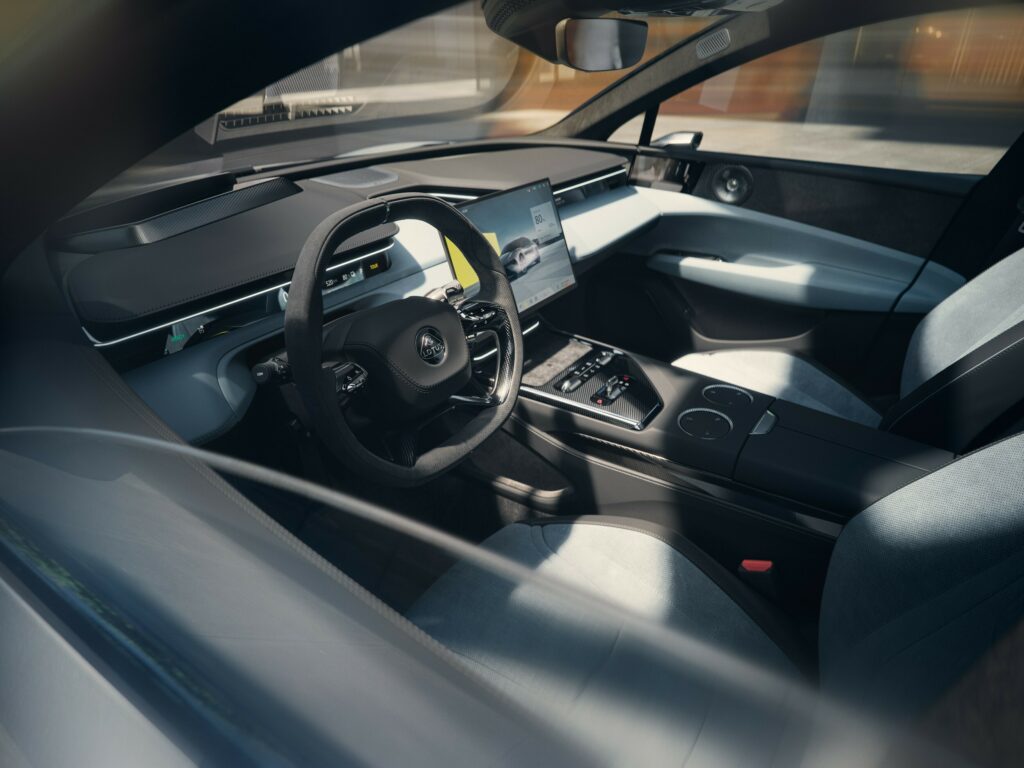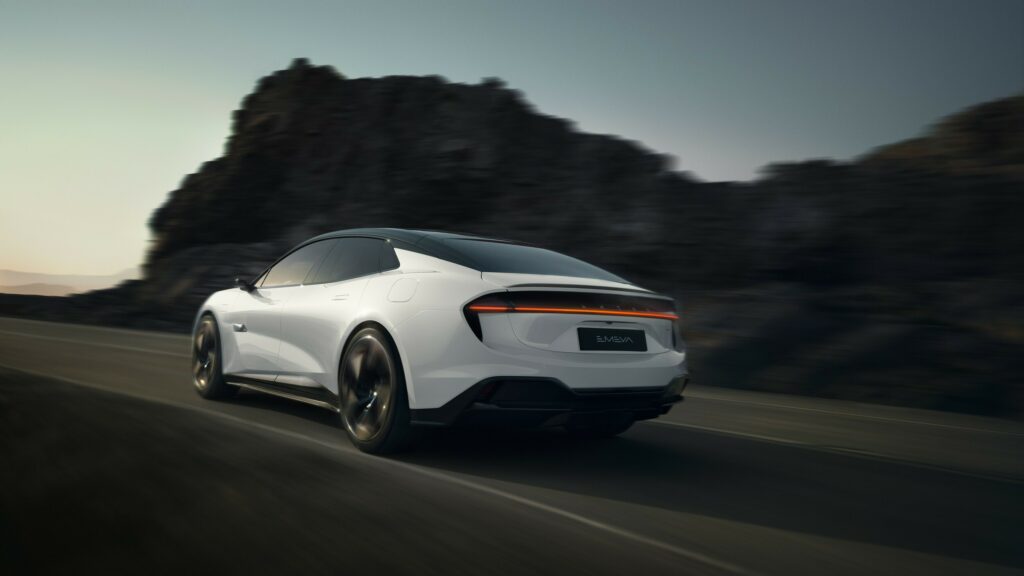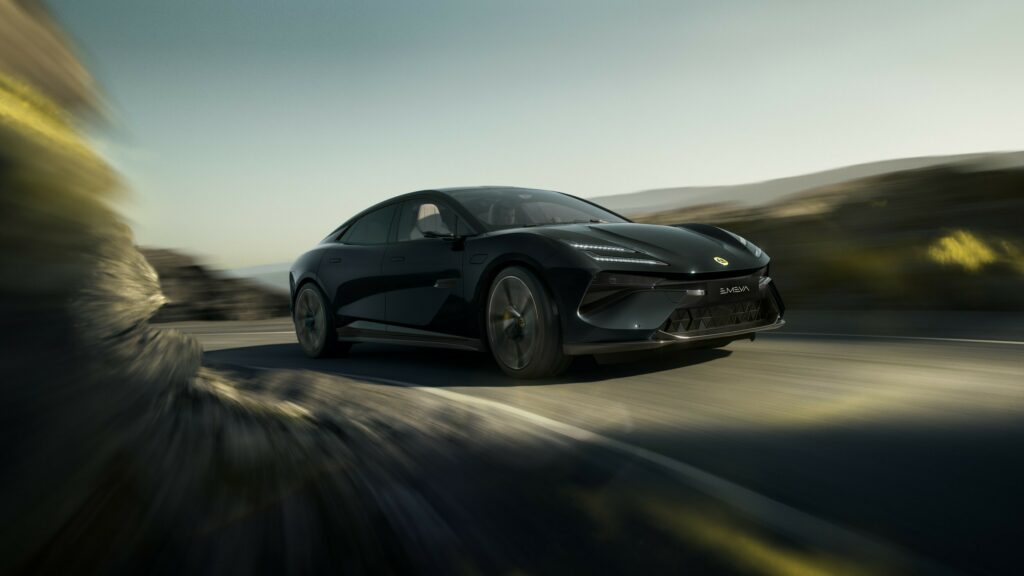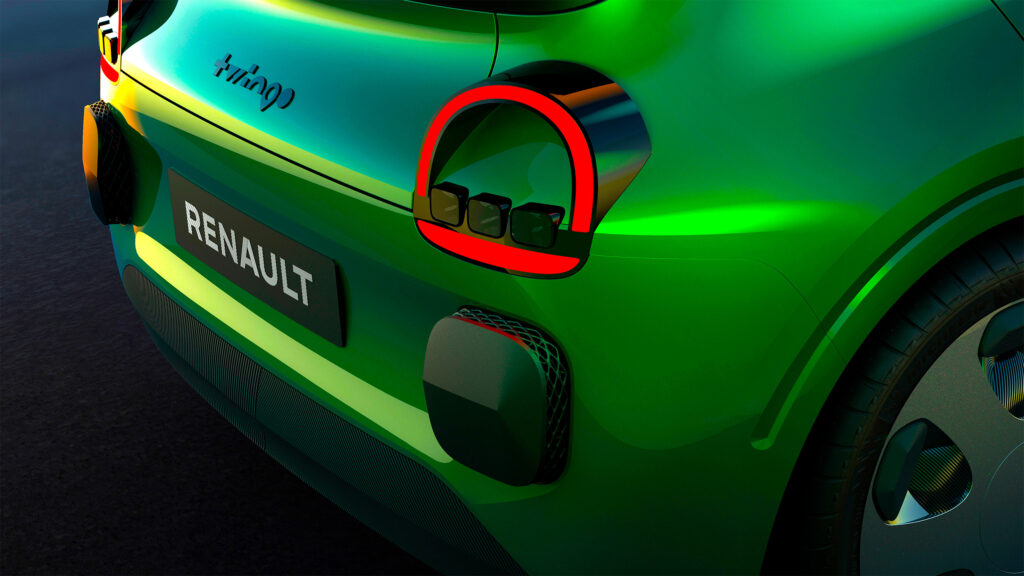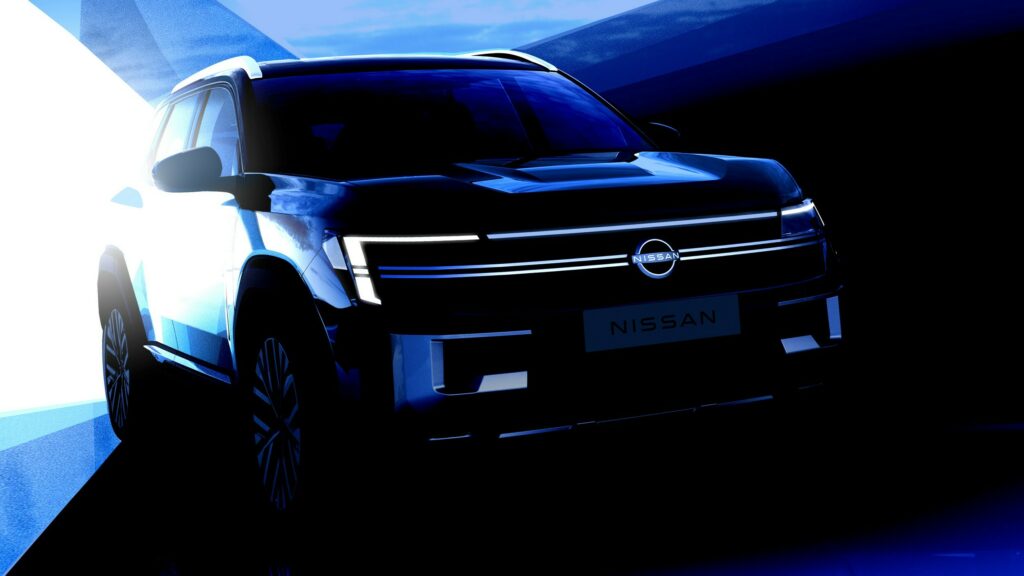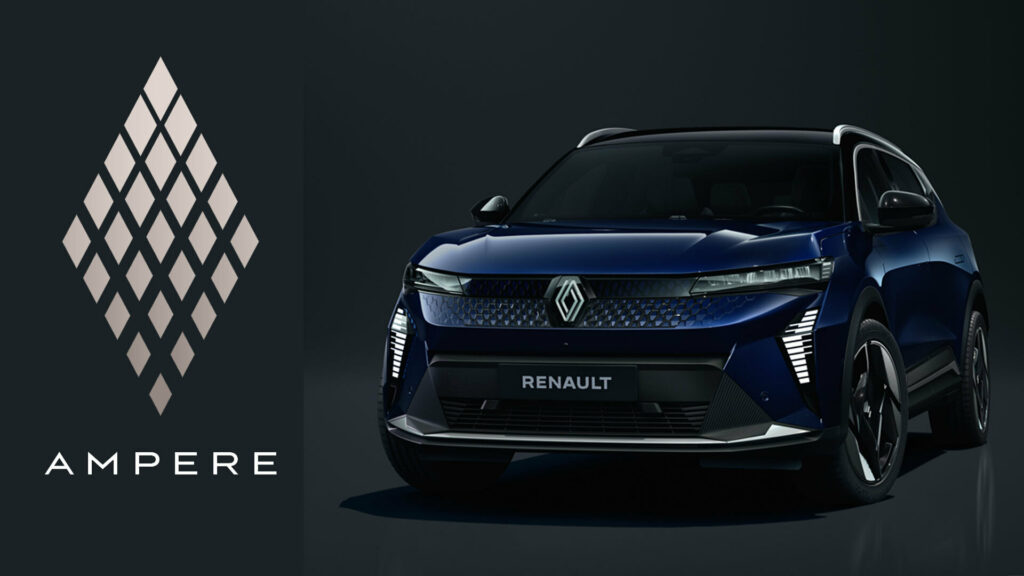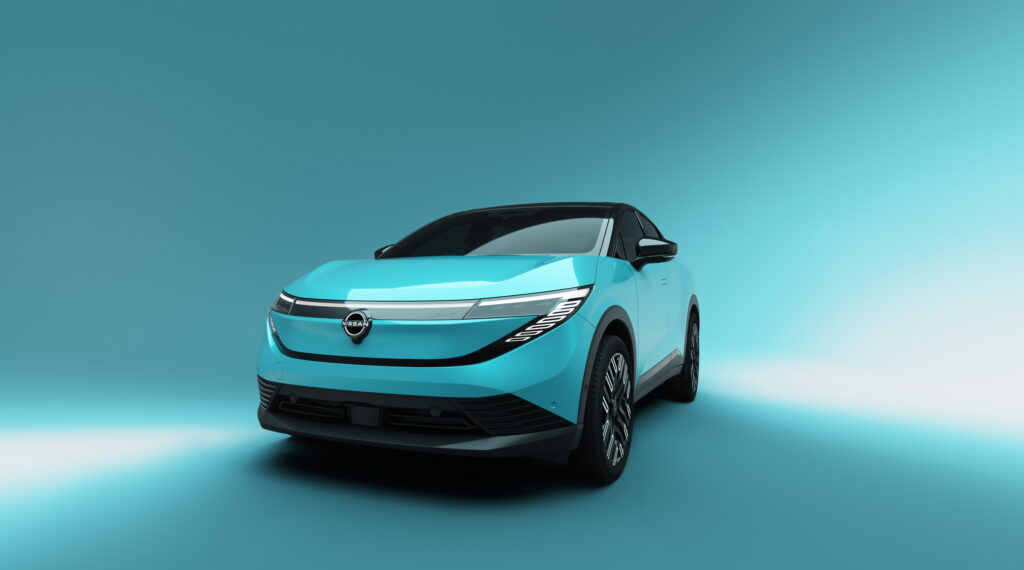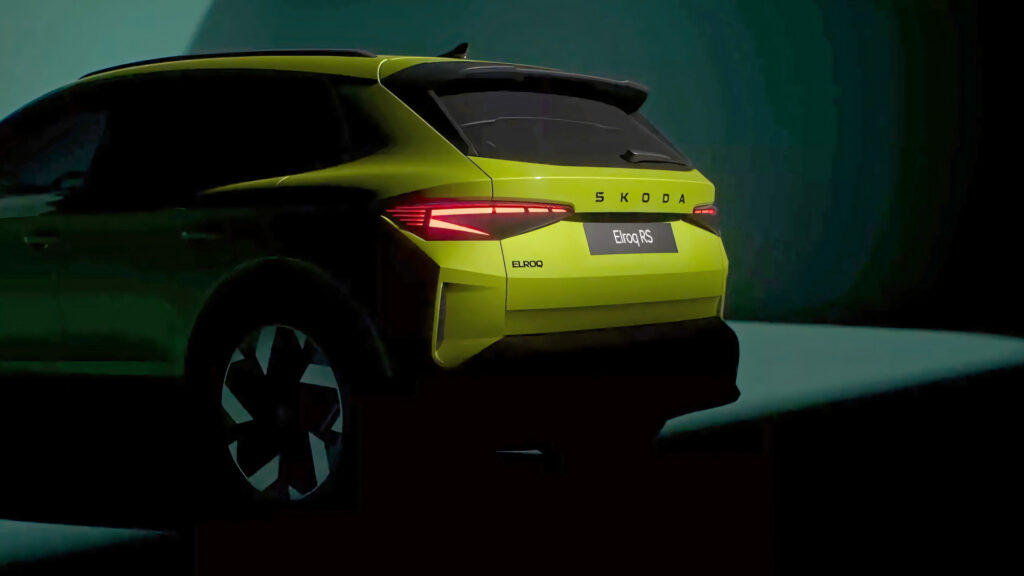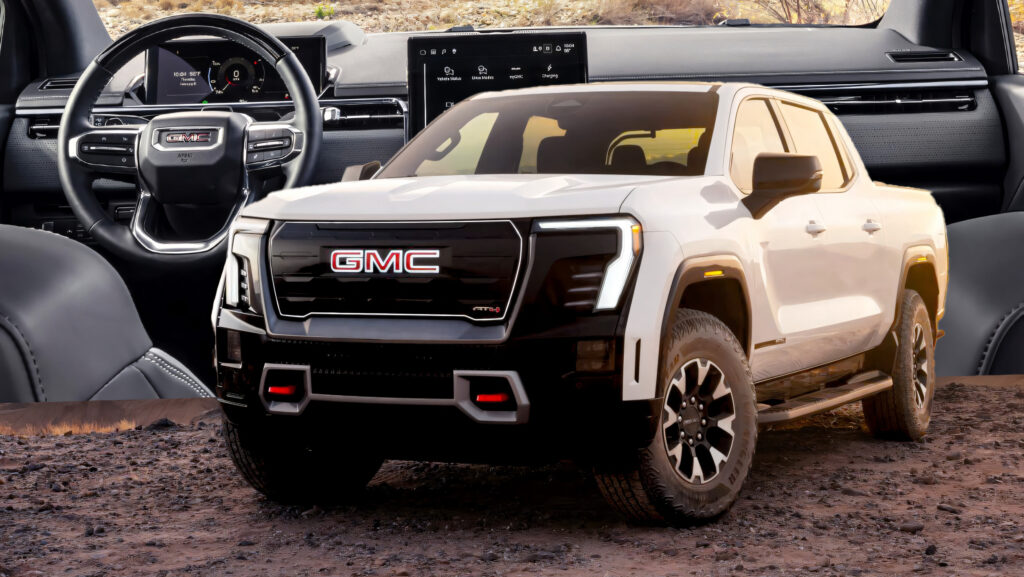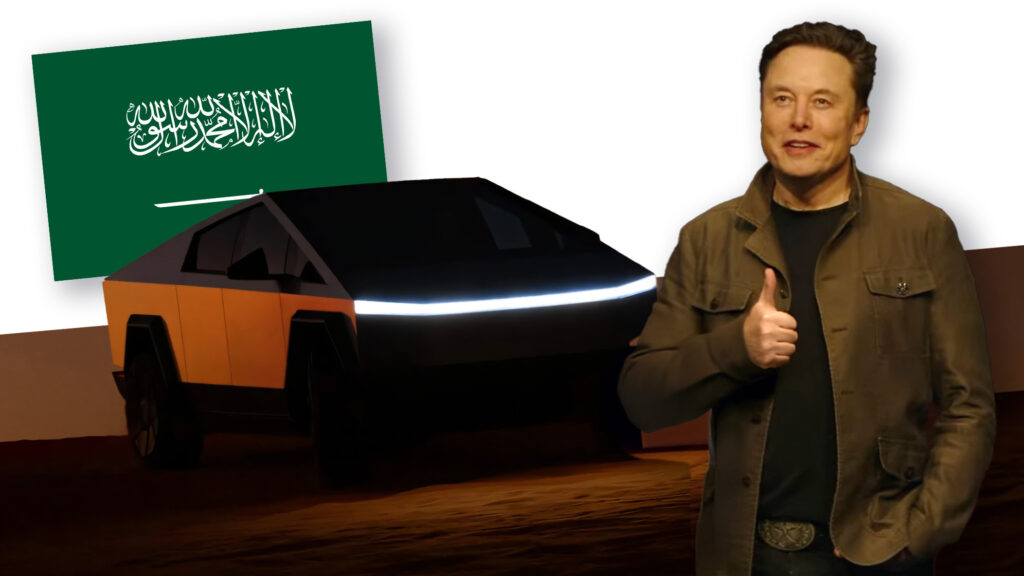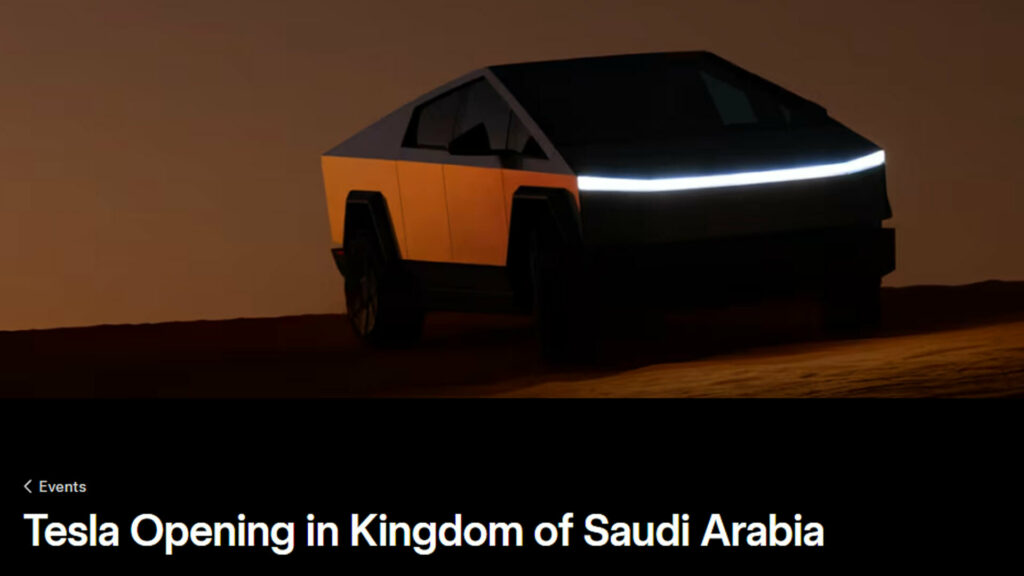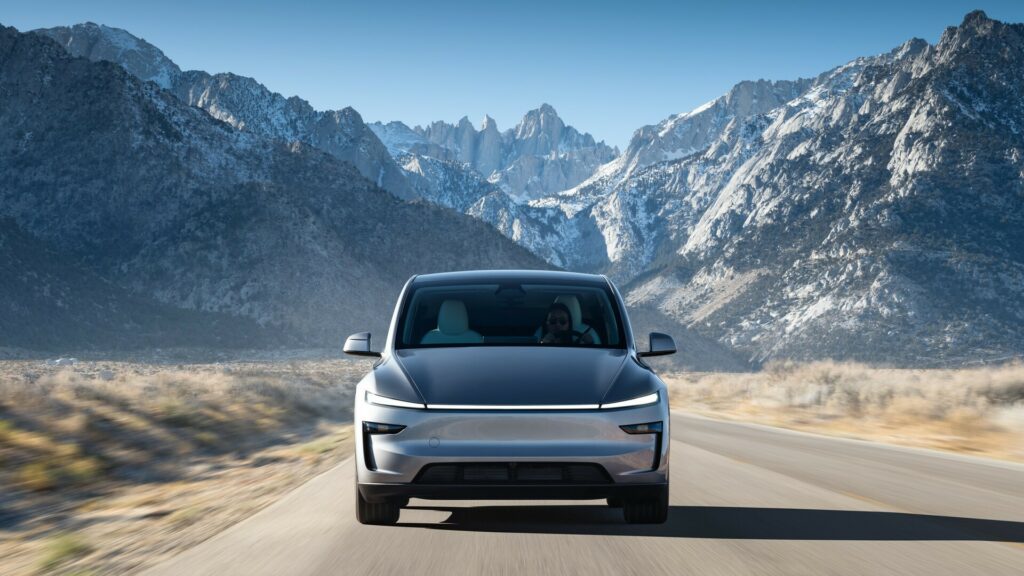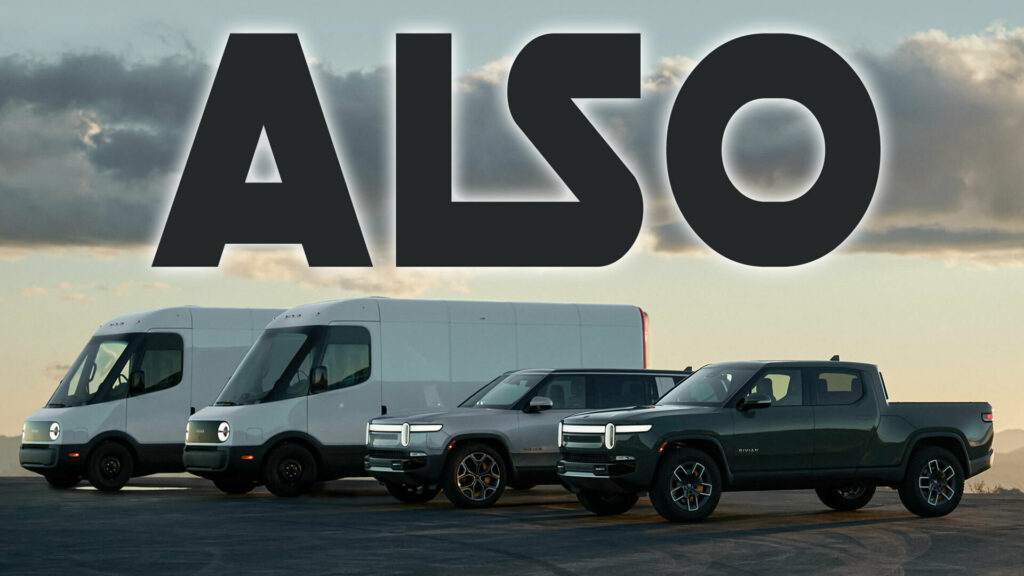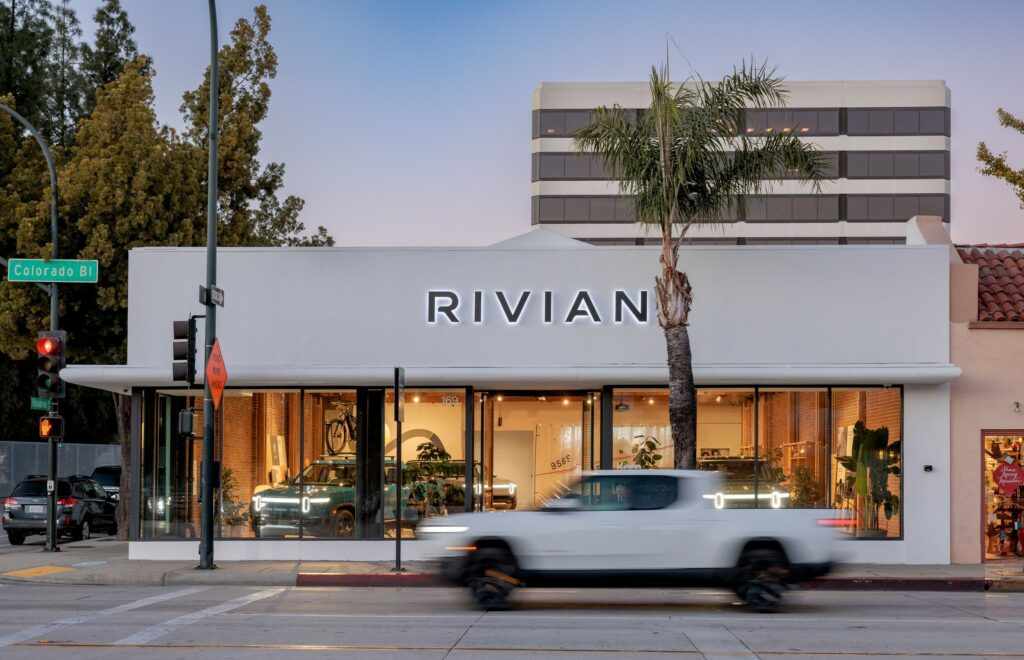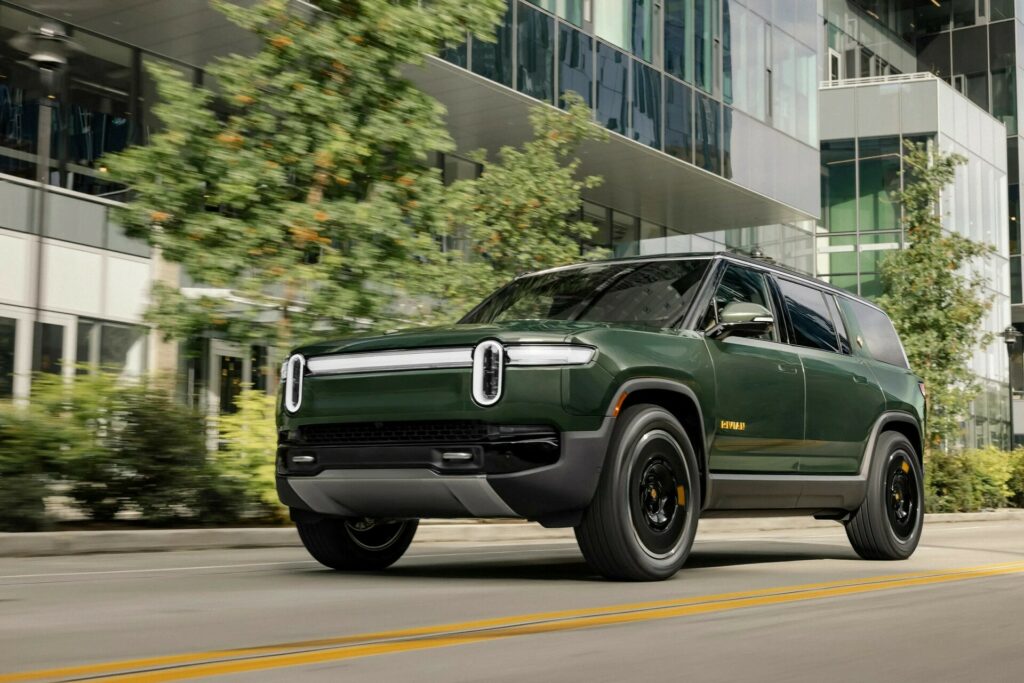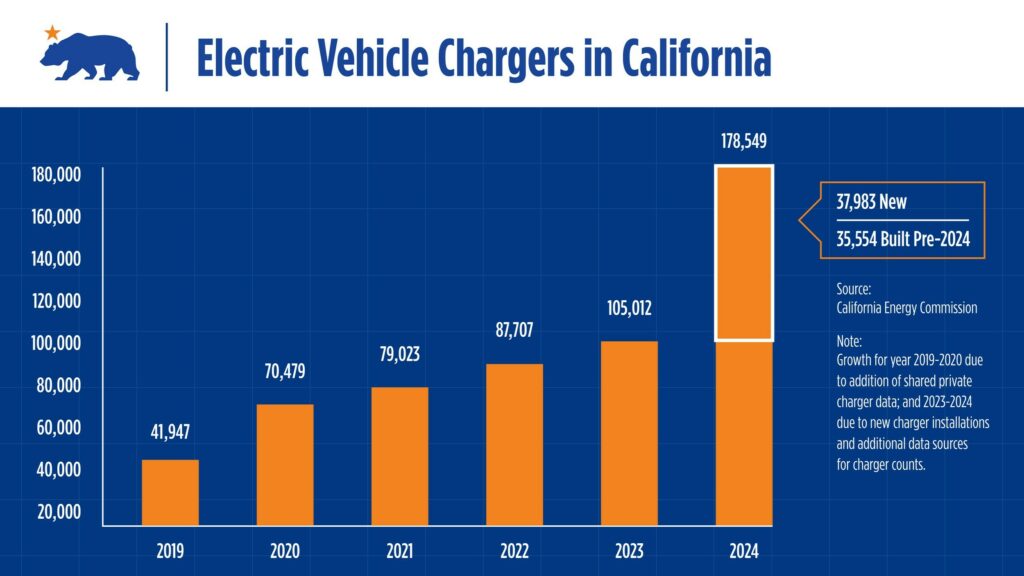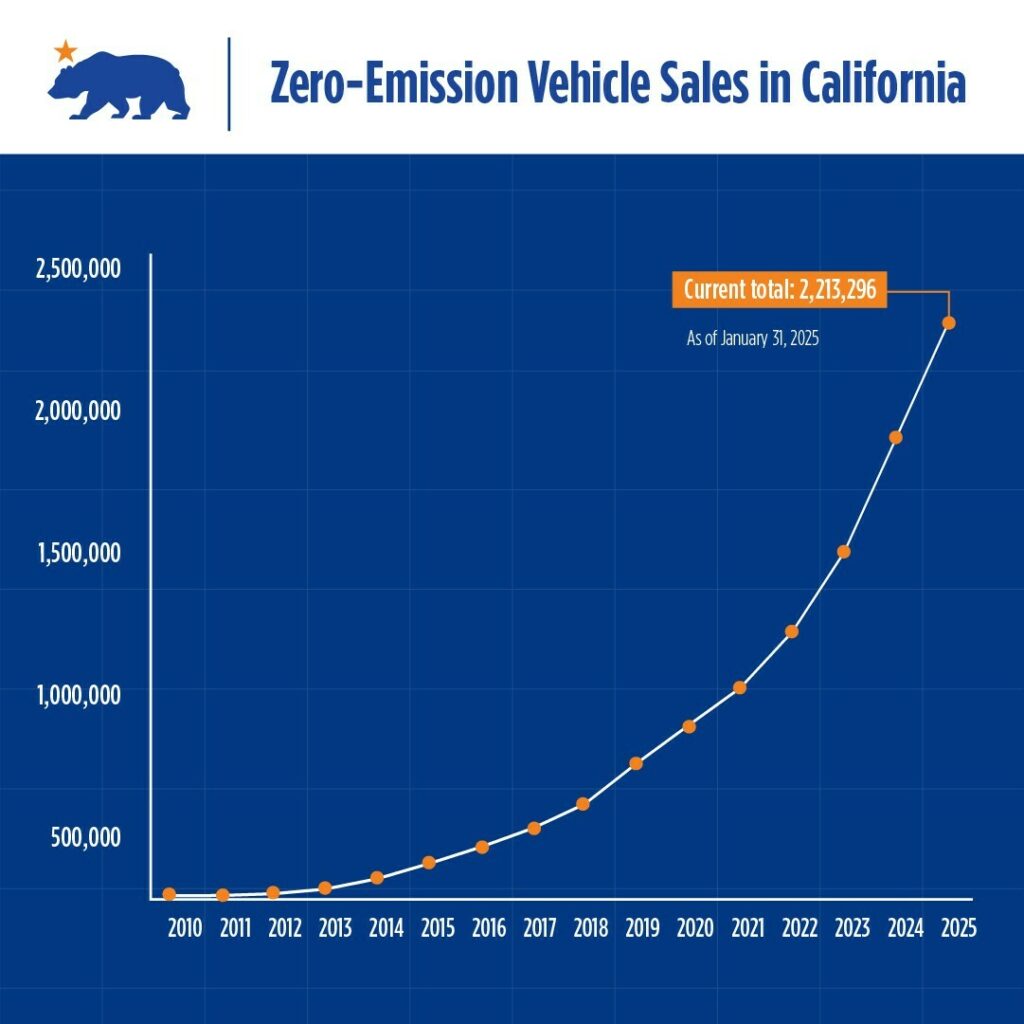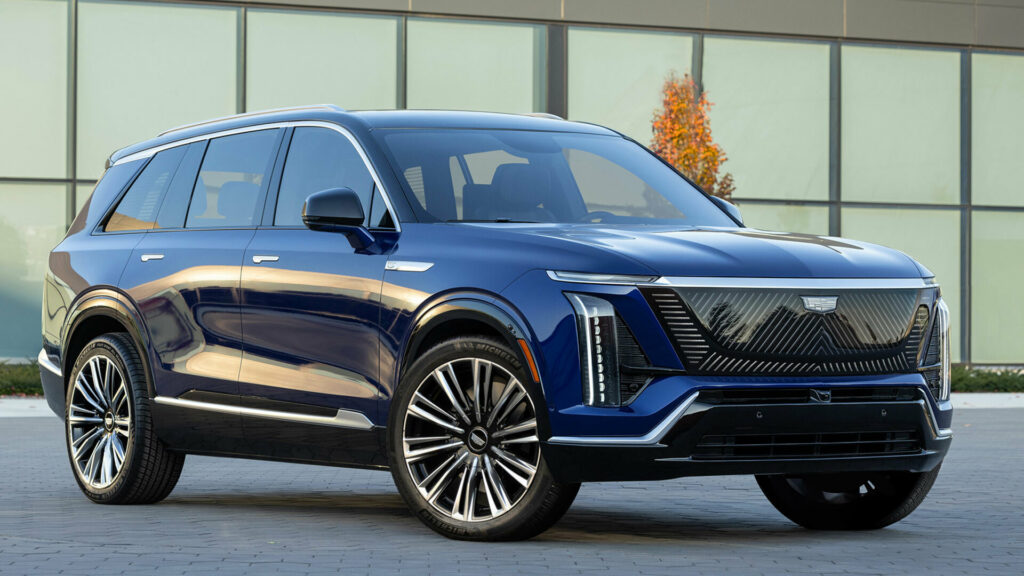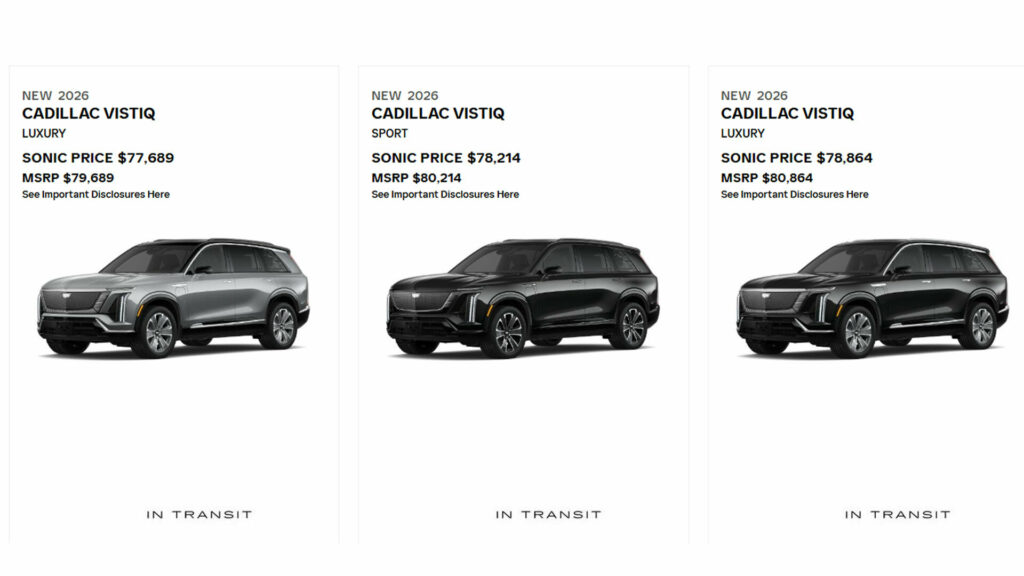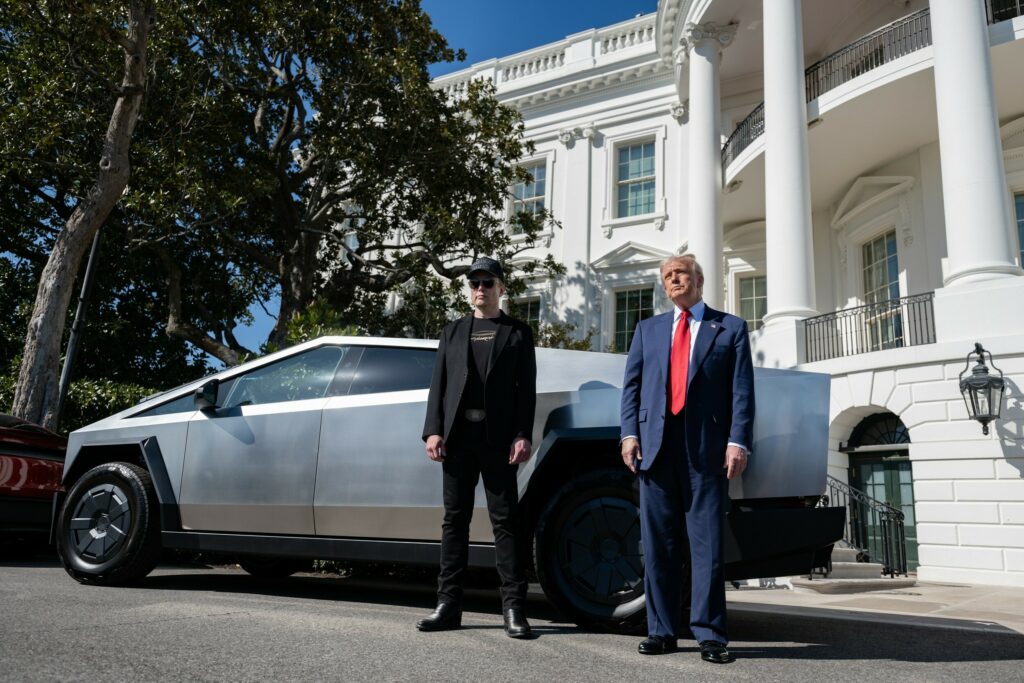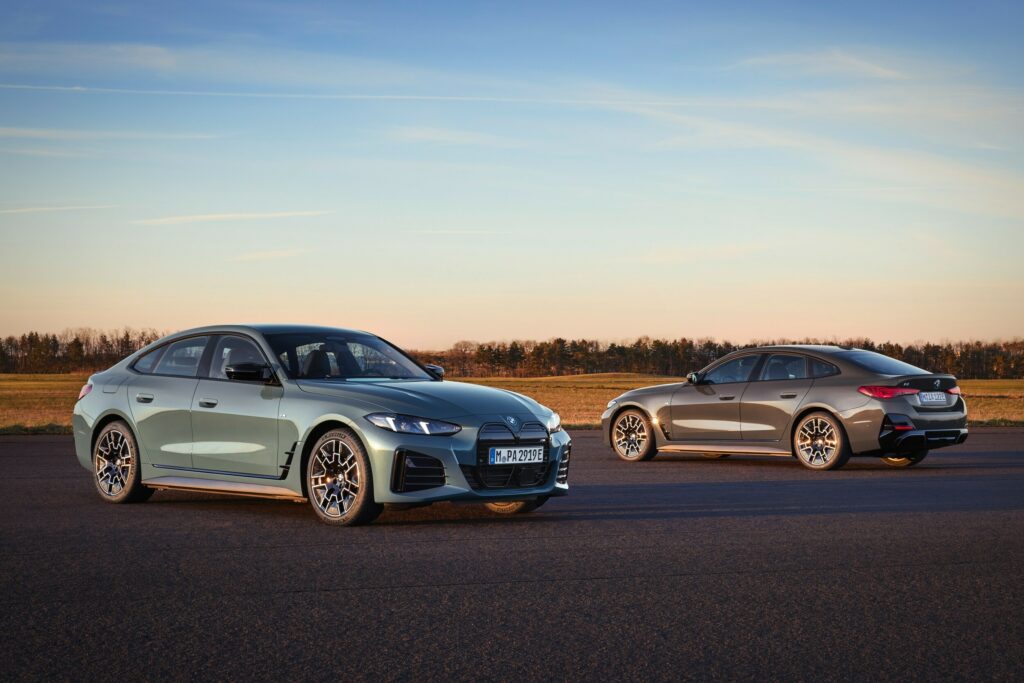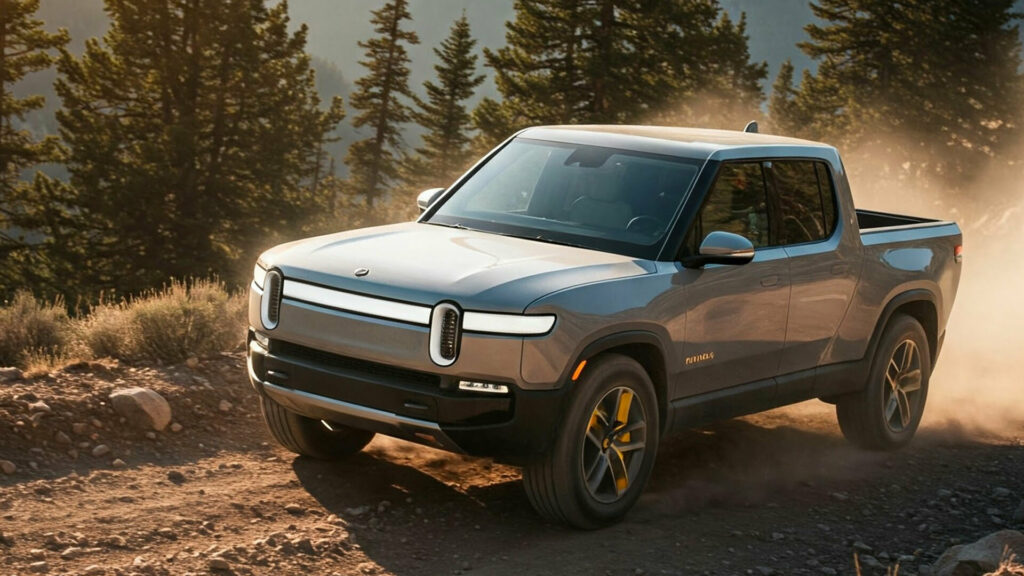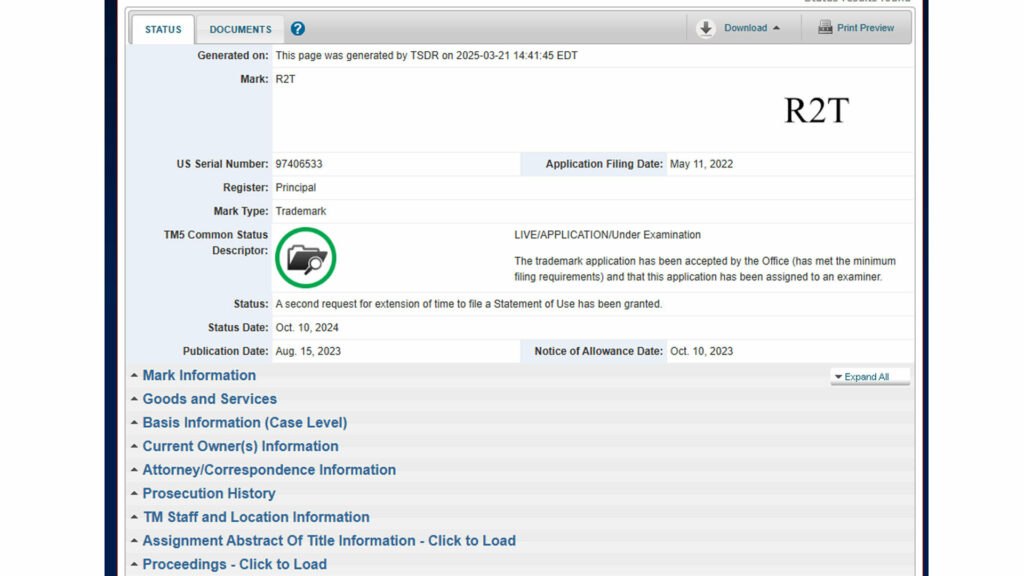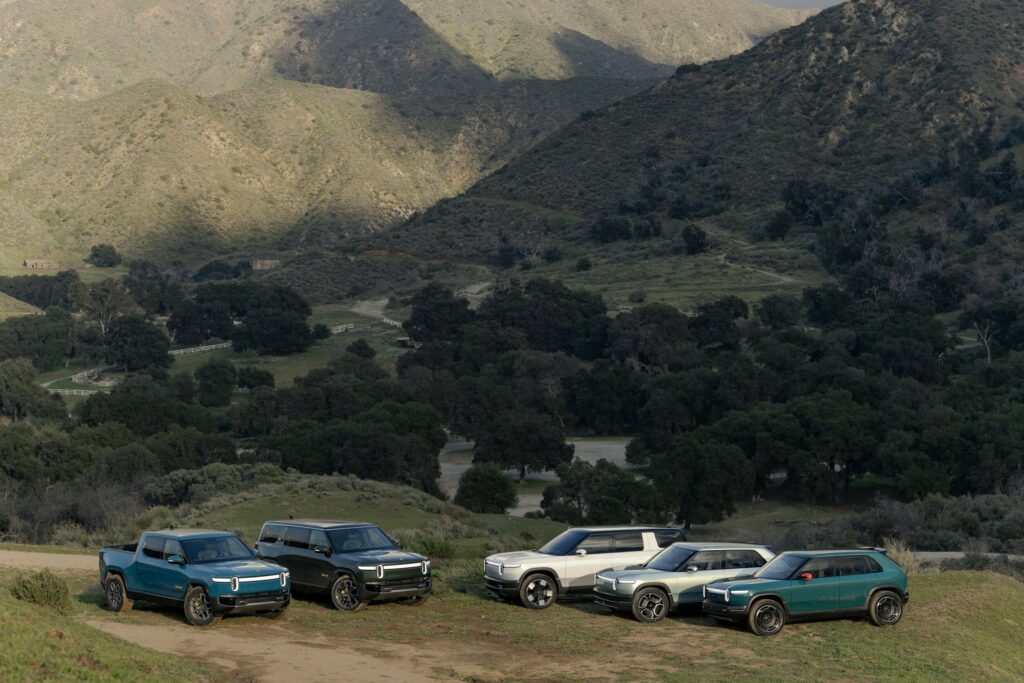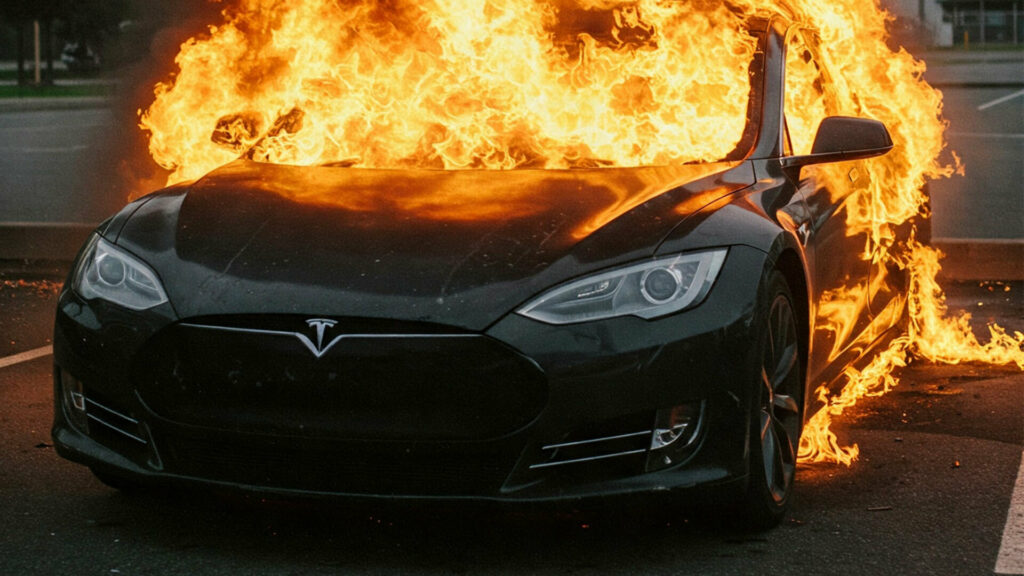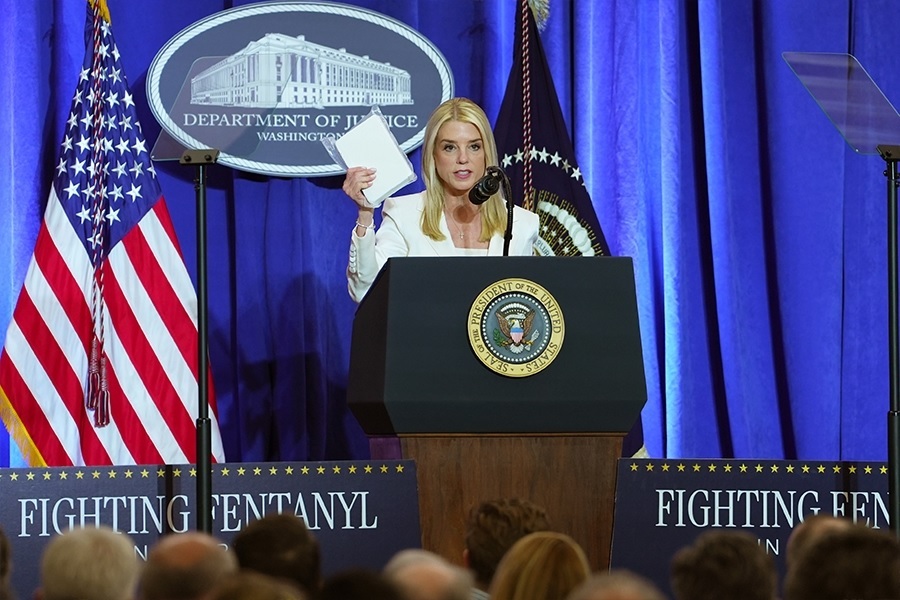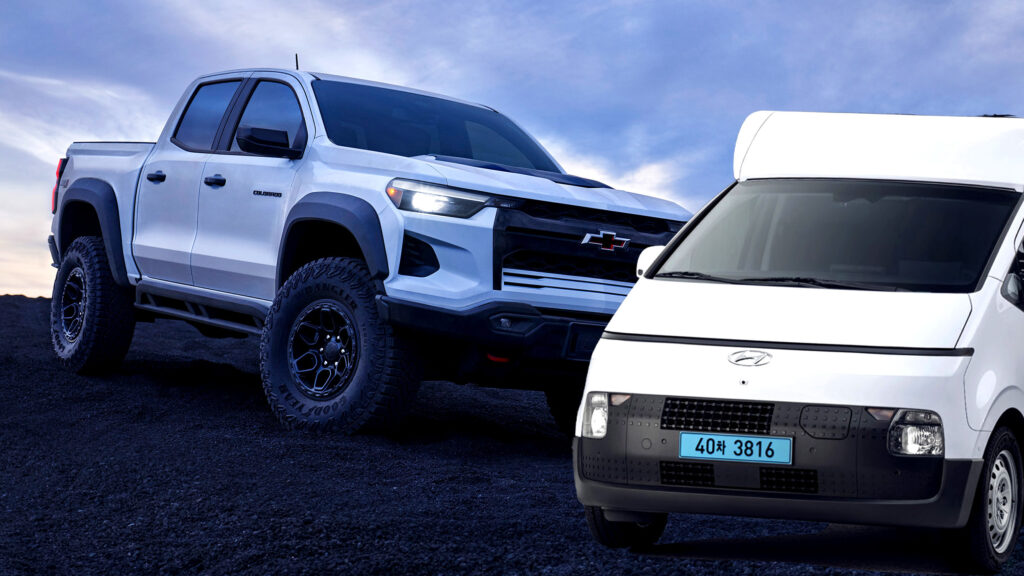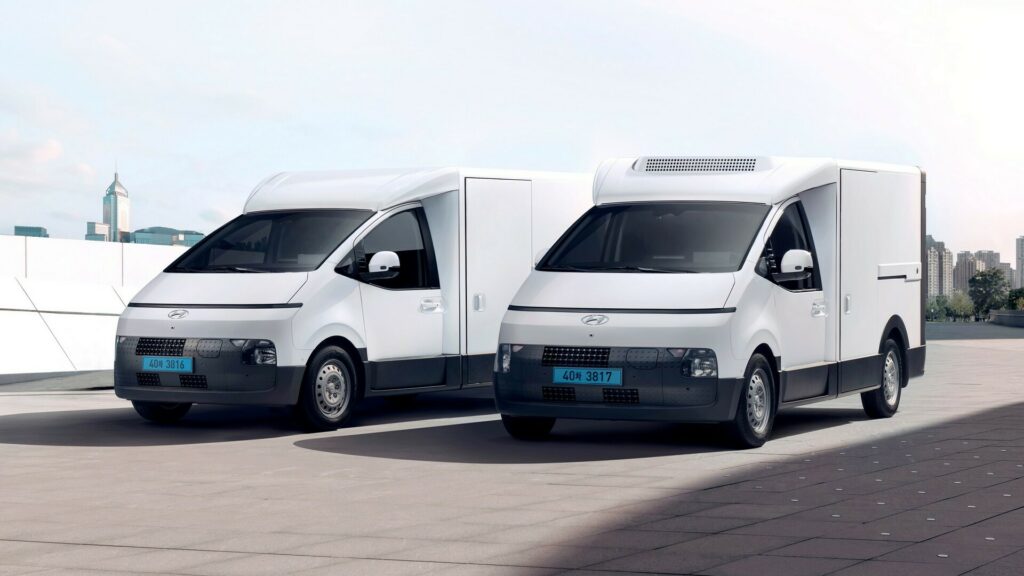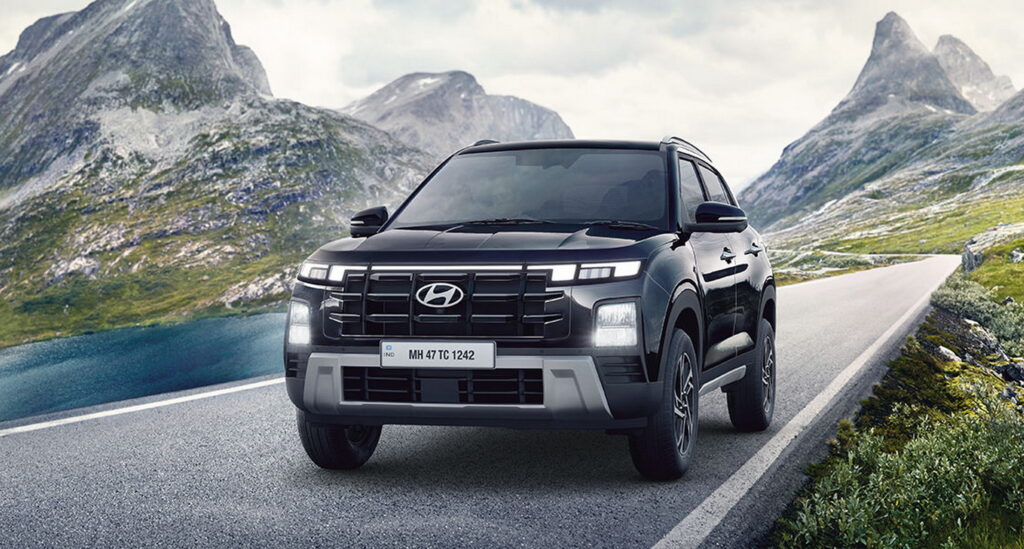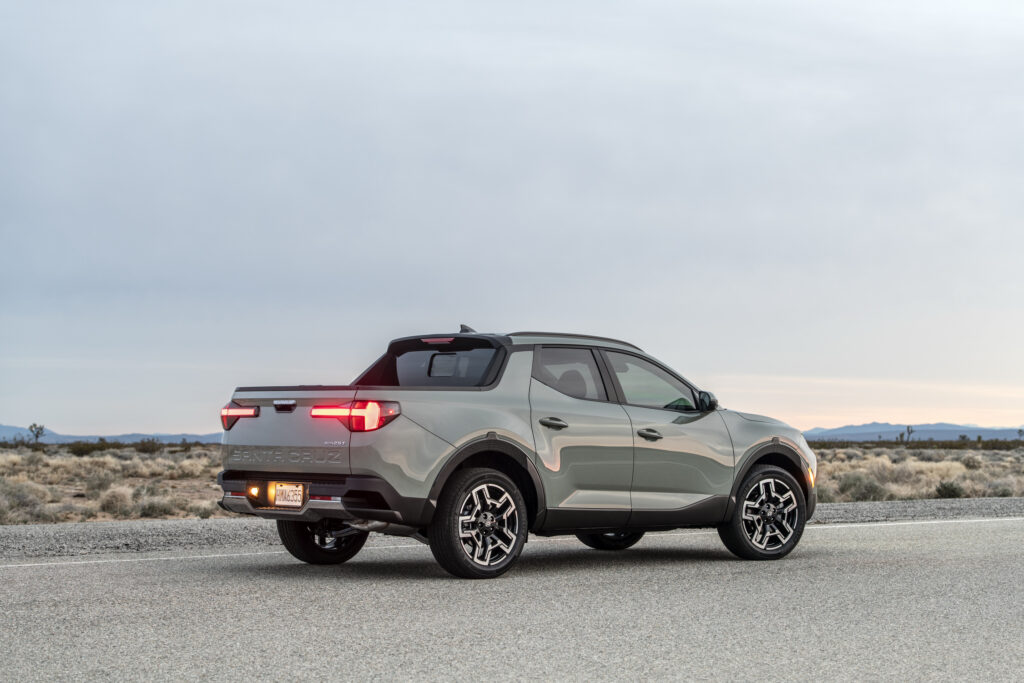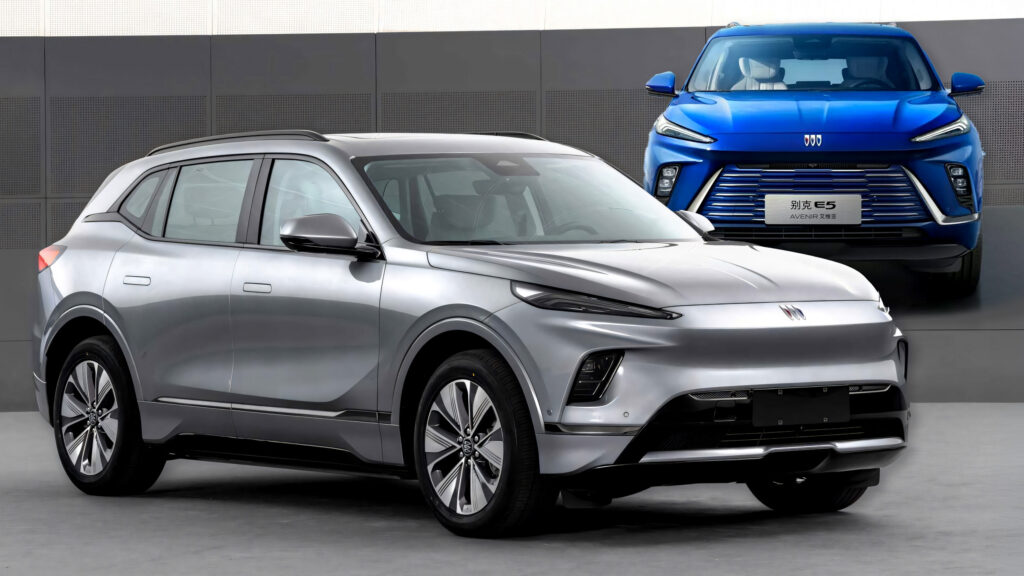VW Just Gave China A Sneak Peek At Its Next Big EVs
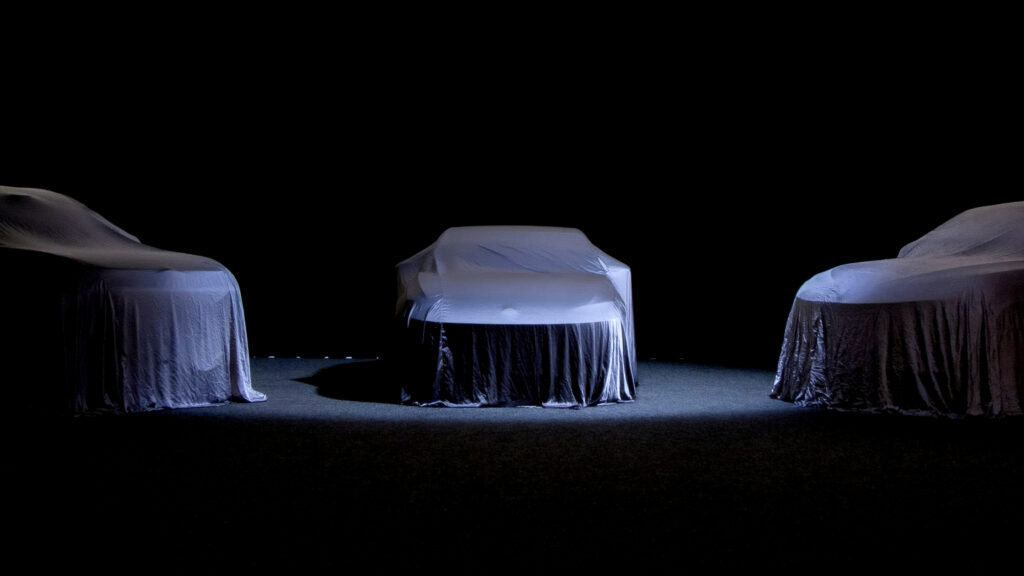
- Volkswagen has teased three new concepts for the Shanghai Auto Show.
- They preview upcoming production models, which will be launched starting in 2026.
- Volkswagen is planning to launch more than 20 new energy vehicles by 2027.
Momentum continues to build for the Shanghai Auto Show as Volkswagen will use the event to introduce three new concepts. They’ll highlight the company’s “In China, for China” strategy and be presented by their Chinese joint ventures.
The company didn’t go into many specifics, but confirmed there will be two crossovers. One will be an EV from Volkswagen Anhui, while the other is a B-segment SUV with a range-extended powertrain from SAIC Volkswagen. Rounding out the lineup is an electric notchback from FAW-Volkswagen.
More: ID. Every1 Concept Previews VW’s Cheapest EV
The teasers aren’t very revealing, but they suggests the models will have slender headlights that are connected by an illuminated bar. That’s not much to go on, but the company said the concepts will embody their new “China DNA – both in terms of technology and design and in relation to development time, which has been cut by more than 30 percent.”
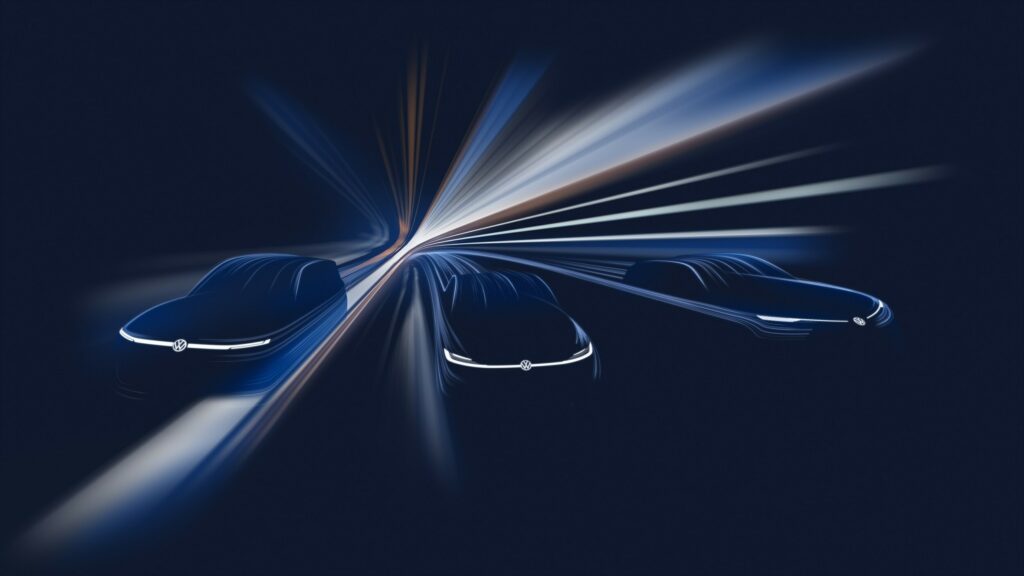
Speaking of the latter, Volkswagen confirmed the concepts preview upcoming production models. These will be launched starting next year.
Volkswagen’s design boss Andreas Mindt said, “We have adapted our established European design values – stability, likability and the ‘secret sauce’ – to the Chinese market. The result is a design philosophy that honors the heritage of our brand while at the same time reflecting the desires and expectations of a new generation of customers in China.”
His sentiments were echoed by Volkswagen brand CEO Thomas Schäfer who said, “Our aim is to remain the leading international automaker in China. We have everything that it takes to be successful: shorter development times, strong partners, sophisticated local development, production and infrastructure as well as the right products and innovations for our Chinese customers.”
